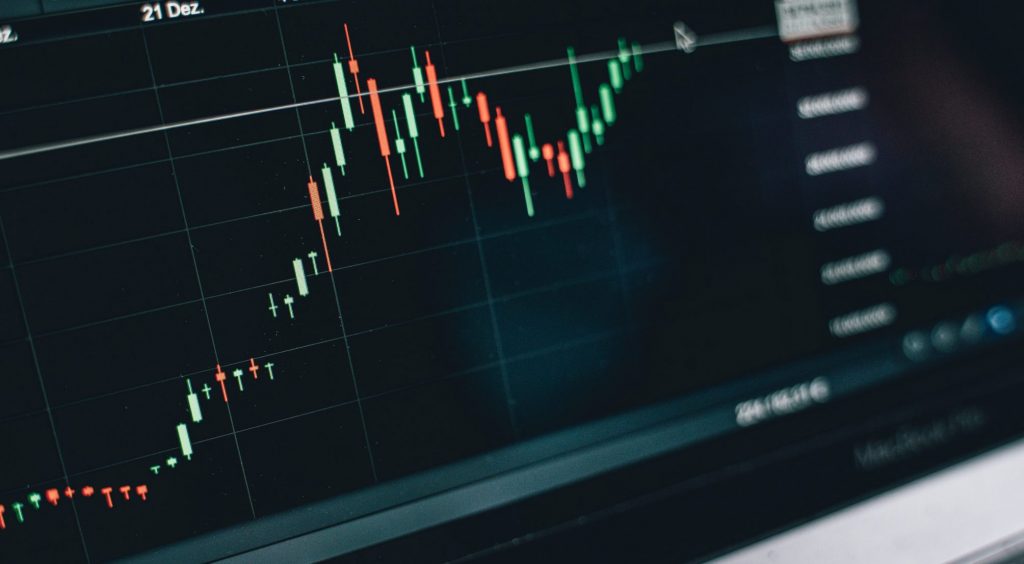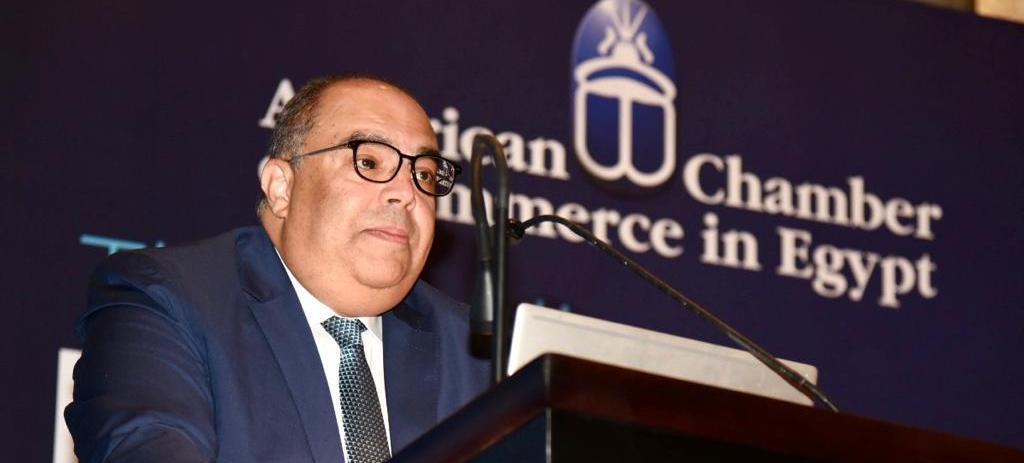Egypt’s net foreign reserves reached $34.22 billion by the end of January 2023, an increase of $221.5 million from December’s figure at $34.003 billion, according to the latest data available on the Central Bank of Egypt (CBE).
The increase in net international reserve, coupled with the recent inflow of about $925 million of foreign exchange as of January 1, are indicators signaling investor appetite following the latest streak of currency devaluations.
The ripple effect
Tourism is one of the vital sources of foreign income for Egypt, accounting for almost 12% of the country’s gross domestic product (GDP), according to the International Monetary Fund (IMF). The sector took a staggering hit as one of the side effects wrought by the COVID-19 pandemic.
As airports shuttered, lockdowns were imposed, and streets were deserted, internal activities slowed down, and investors withdrew from the country’s emerging market. However, Egypt was hailed as one of the countries that managed to have positive growth as lockdowns eased, according to the IMF in a July 2021 report. The North-African country was adept at keeping its GDP growth positive from 2019 to 2021 despite the consequences of the pandemic, it added.

However, just as the world started recovering from the effects of the pandemic, the Ukraine-Russia crisis, which broke out in February 2022, brought with it another series of setbacks. For Egypt, Russians and Ukrainians made up about one-third of the country’s tourists, according to the National News. With the onset of the war, the recovering tourism industry took another hit. Compounded with Egypt’s role as one of the global wheat importers, with 80% of the wheat coming from the warring countries, the effects of the previous years have been palpable.
The road to recovery
Amidst the growing global tensions, Egypt has been setting in place several directives to counteract the effects. One of which was to alter regulations for exchange rate policies as well as monetary policies, to thwart the effects of the crisis on the country’s economy, according to the World Bank.
The goal was to strengthen the country on a macroeconomic level thus returning the stability. In addition, a mitigation package of EGP 130 billion ($ 4.2 billion) was allocated by the government to head off the increasing prices, as per a report published in 2022.
The North-African country’s GDP is expected to go through a 4.8% growth in FY 2022 – 2023, as per the World Bank.







